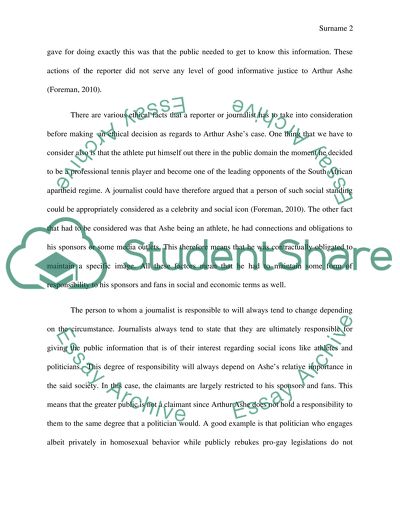Cite this document
(“Media Ethics Case Study Example | Topics and Well Written Essays - 1250 words”, n.d.)
Media Ethics Case Study Example | Topics and Well Written Essays - 1250 words. Retrieved from https://studentshare.org/journalism-communication/1647990-media-ethics
Media Ethics Case Study Example | Topics and Well Written Essays - 1250 words. Retrieved from https://studentshare.org/journalism-communication/1647990-media-ethics
(Media Ethics Case Study Example | Topics and Well Written Essays - 1250 Words)
Media Ethics Case Study Example | Topics and Well Written Essays - 1250 Words. https://studentshare.org/journalism-communication/1647990-media-ethics.
Media Ethics Case Study Example | Topics and Well Written Essays - 1250 Words. https://studentshare.org/journalism-communication/1647990-media-ethics.
“Media Ethics Case Study Example | Topics and Well Written Essays - 1250 Words”, n.d. https://studentshare.org/journalism-communication/1647990-media-ethics.


